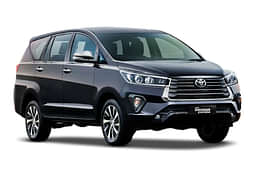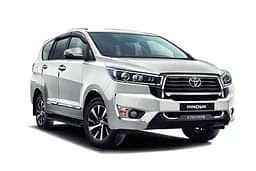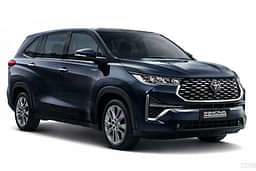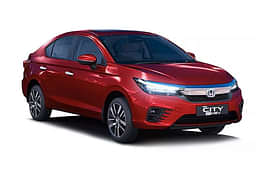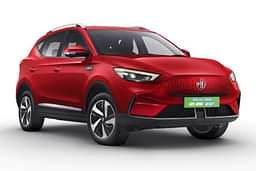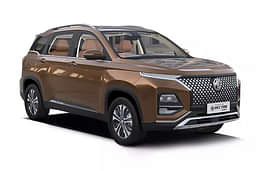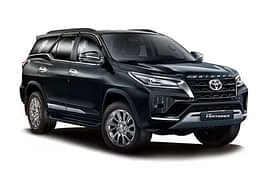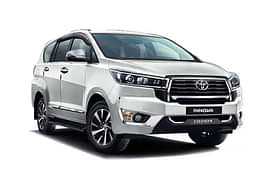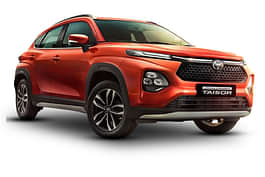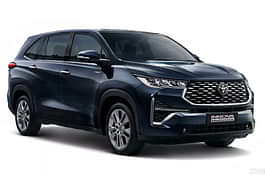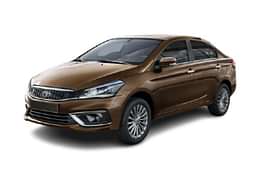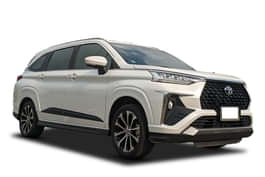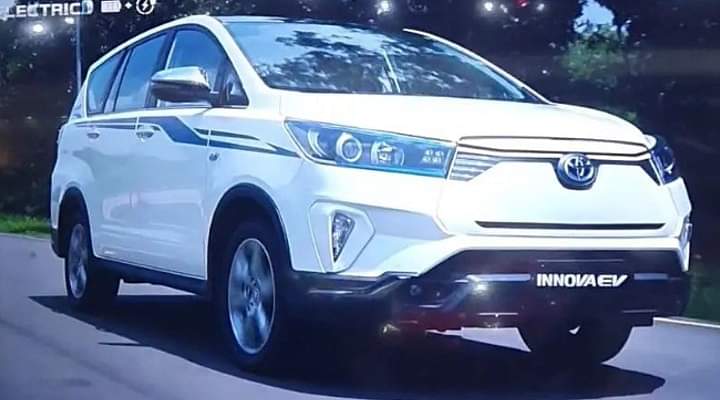
Toyota products have always seen a glorious success in the Indian subcontinent because of their reliability and peace of mind. The Toyota Innova is one such offering which was released as a replacement for the bestseller Qualis and maintained its legacy over the decades. Just a few weeks ago, the Toyota Innova EV Concept was unveiled at the Indonesian International Auto Show which raised the hopes of the Indian customers to get an electric MPV from a brand which has a robust vehicle on offer.
Also Read: Toyota Innova EV Unveiled Before Official Launch
However, the plans for this Toyota Innova powered by an all electric powertrain seem to be on hold. This concept electric vehicle did fetch decent amount of attention but as per the sources, the Innova EV concept was showcased only to study the access the electric vehicle interest in the local market. Therefore, the Toyota Innova EV concept was built only for research and development purposes and won't go into production anytime soon.
With the wave of electric mobility hitting India, the public expects the well established automotive manufacturers to develop electric vehicles in house so that they can levy their trust and faith on a new product and breeding technology with their peace of mind. However, coming to the Innova EV, there are plenty of challenges as the Innova and Innova Crysta were developed on the same platform which was basically meant to incorporate an internal combustion engine.
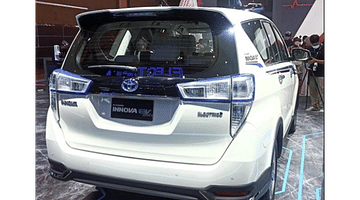
Coupling the traction motor and incorporating the battery packs on Toyota's robust and reliable IMV ladder frame chassis architecture can be a tough job with a lot of challenges and roadblocks. Basically in a ladder frame chassis, the long structural members along the length of the vehicle and the structural links along the width restrict the dimensions of the battery pack to be laid into the floor of the vehicle. Fixing a battery pack can surely bring down the centre of gravity thus aiding in stability but added weight to a ladder frame chassis is a toss in terms of weight distribution and structural load tolerance. Increased weight would also impact the range of the electric vehicle to a great extent.
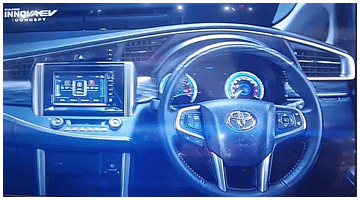
So, what to expect? Toyota had recently released the Toyota Mirai, a hydrogen fuel cell vehicle, which has recently been pushed to the roads for testing purposes to access the feasibility of using hydrogen as the fuel for tomorrow. If Toyota Kirloskar Motors are to introduce an electric vehicle, specially in the MPV segment to keep up with the like of the current generation Innova Crysta, a new platform would have to be developed from the scratch which might require significant amount of time and resources.
Also Read: Toyota Mirai Pilot Project Launched! India's First Hydrogen Fuel Cell Electric Vehicle
So, what do you think about the Toyota Innova EV Concept? Should Toyota develop one for the Indian markets? Share your views in the comment section. Let's get into a discussion with this in our 91Wheels Telegram and 91Wheels Whatsapp group, where you can know more about vehicles, conduct discussions on your favourite ride, and much more! You can also subscribe to our Youtube channel for our exclusive video content on the latest from the world of cars and motorcycles. Also, connect with us on Facebook, Instagram, and Twitter for more about vehicles!
